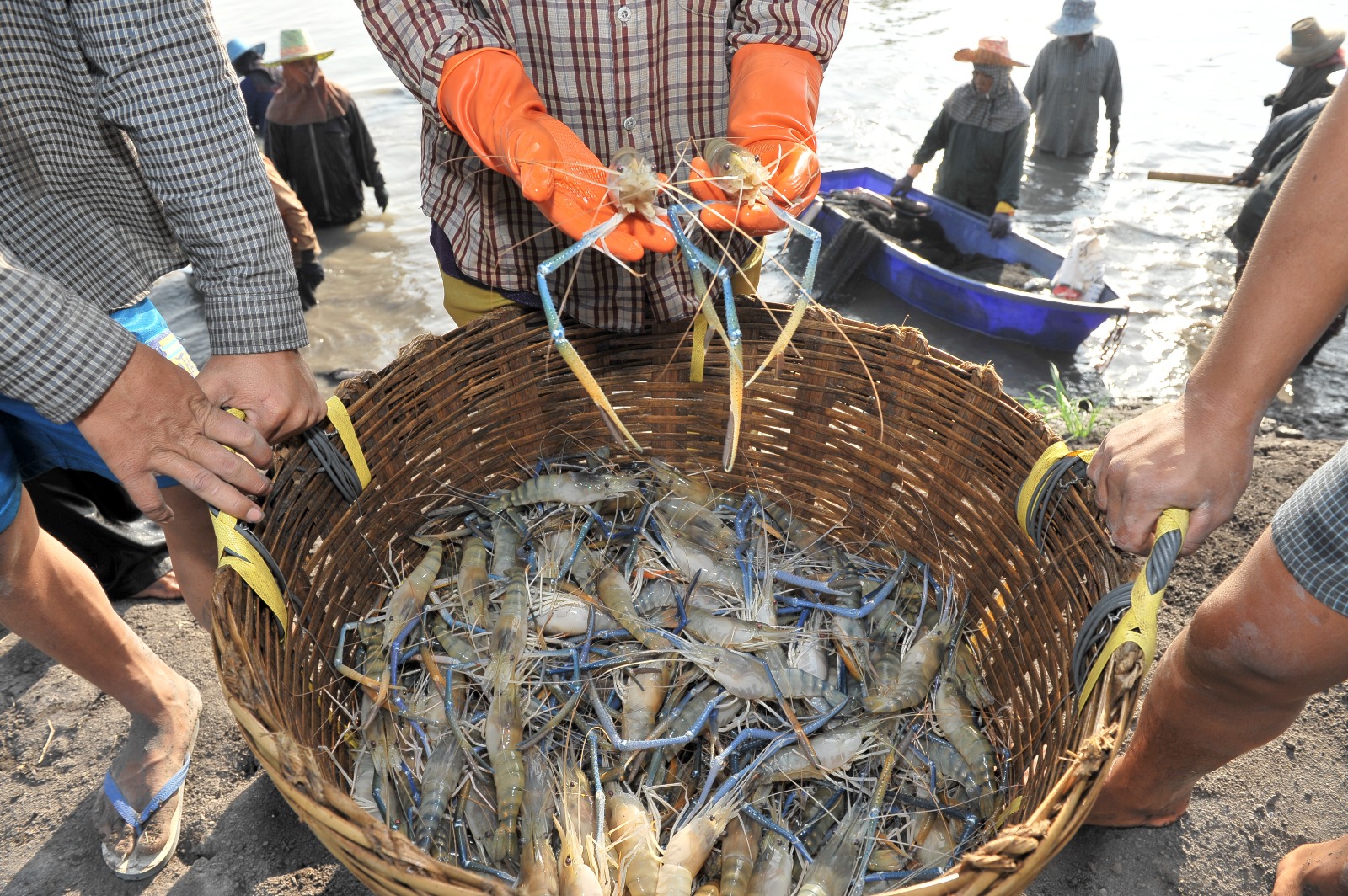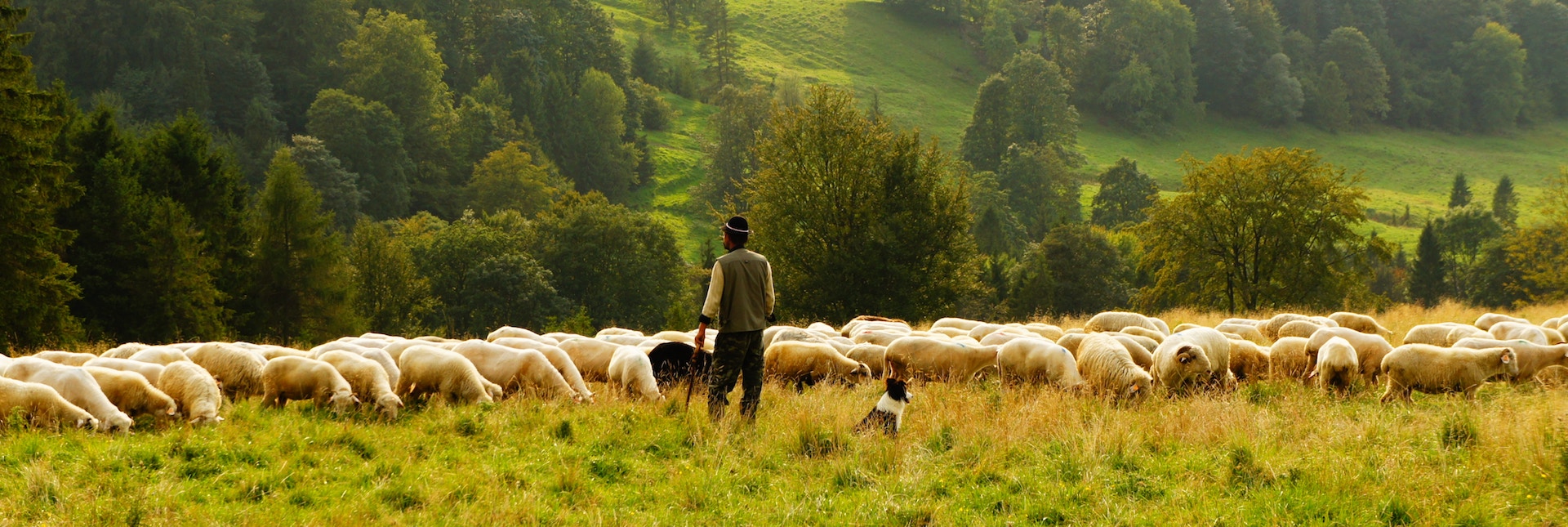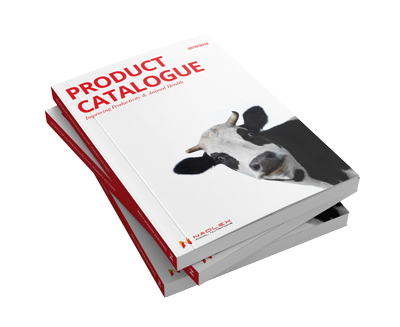Aquaculture
Aquaculture challenge
Aquaculture, the farming of aquatic organisms such as fish, shellfish, and aquatic plants, faces several challenges that can impact production, sustainability, and environmental stewardship. Here are some common challenges faced by the aquaculture industry:
- Disease Management: Aquaculture operations can be vulnerable to various diseases that can affect the health and survival of farmed organisms. Bacterial, viral, and parasitic infections can spread rapidly in densely populated aquaculture systems. Effective disease prevention and management strategies, including regular health monitoring, vaccination programs, biosecurity measures, and appropriate treatment protocols, are essential to minimize disease outbreaks.

- Water Quality Management: Maintaining good water quality is crucial for the health and growth of aquatic organisms. Challenges in water quality management include managing dissolved oxygen levels, ammonia and nitrite concentrations, pH levels, and controlling the accumulation of organic matter and pollutants. Proper monitoring, efficient filtration systems, appropriate feed management practices, and water exchange strategies are necessary to ensure optimal water quality in aquaculture systems.
- Feed Sustainability: The sustainability of aquaculture feeds is a growing concern. The reliance on fishmeal and fish oil derived from wild-caught fish as feed ingredients poses challenges in terms of overfishing, pressure on marine ecosystems, and cost fluctuations. Developing sustainable and alternative feed sources, such as plant-based feeds, insect-based feeds, and novel feed ingredients, is critical to reduce reliance on marine resources and ensure long-term sustainability of the aquaculture industry.
- Environmental Impact: Aquaculture operations can have environmental impacts if not managed properly. These include nutrient discharge, effluent runoff, escape of farmed organisms into the wild, and habitat degradation. Implementing responsible and sustainable farming practices, such as proper site selection, effective waste management, and minimizing the escape of farmed species, is essential to mitigate environmental impacts and protect local ecosystems.
- Genetic Management: Maintaining genetic diversity and preventing genetic erosion in farmed species is crucial for long-term sustainability and resilience. Challenges include the potential loss of genetic diversity through selective breeding practices, inbreeding, and the risk of genetic introgression with wild populations. Implementing appropriate breeding programs, genetic monitoring, and considering genetic conservation strategies can help address these challenges.
- Regulatory Compliance and Certification: Aquaculture operations are subject to various regulations and certifications to ensure responsible and sustainable practices. Compliance with environmental regulations, food safety standards, animal welfare guidelines, and traceability requirements is essential. Obtaining certifications, such as those provided by Aquaculture Stewardship Council (ASC) or Best Aquaculture Practices (BAP), can help demonstrate commitment to sustainable practices and access premium markets.
- Socioeconomic Factors: Aquaculture faces socioeconomic challenges such as market volatility, access to financing, resource allocation, and community acceptance. Building strong market connections, fostering collaboration among stakeholders, promoting fair trade practices, and engaging with local communities are important for the long-term viability and acceptance of aquaculture operations.
Addressing these challenges requires a holistic approach that combines scientific research, technological advancements, effective management practices, and collaboration among industry stakeholders, governments, and local communities. Innovation, continuous improvement, and adherence to responsible and sustainable aquaculture principles are essential to ensure the long-term success and environmental sustainability of the industry.






